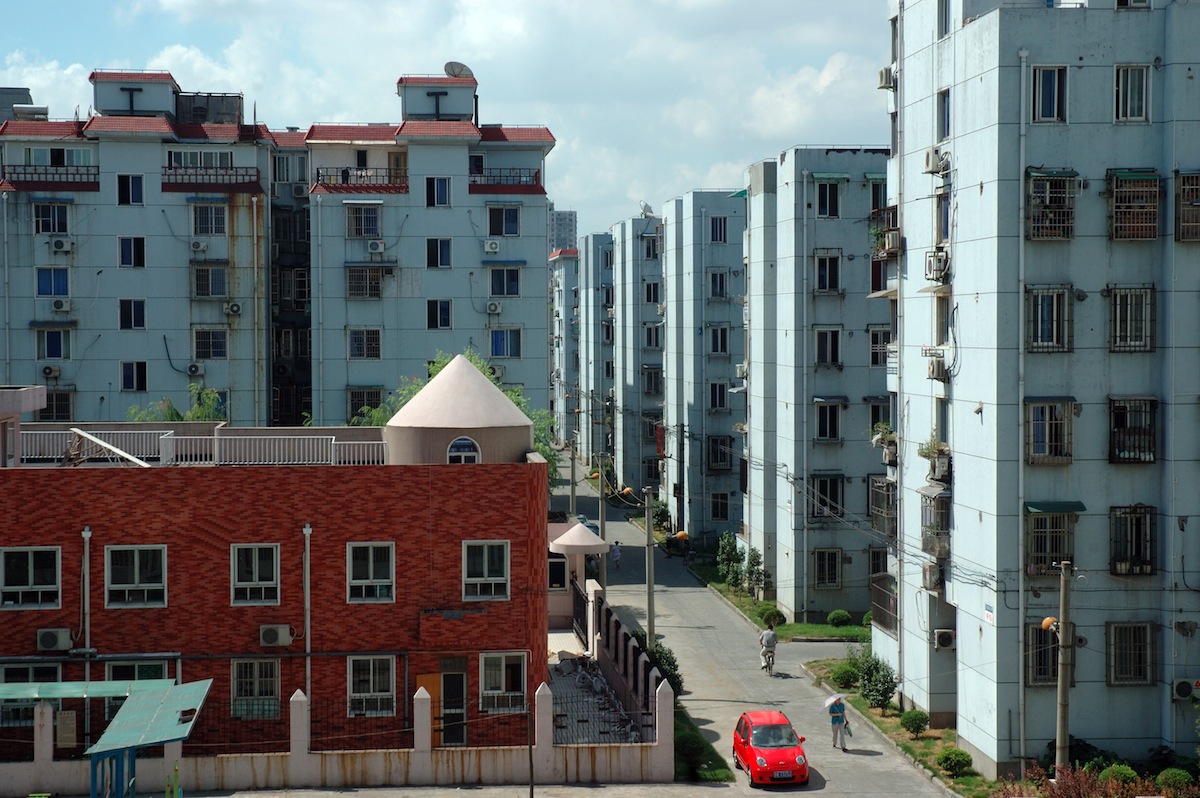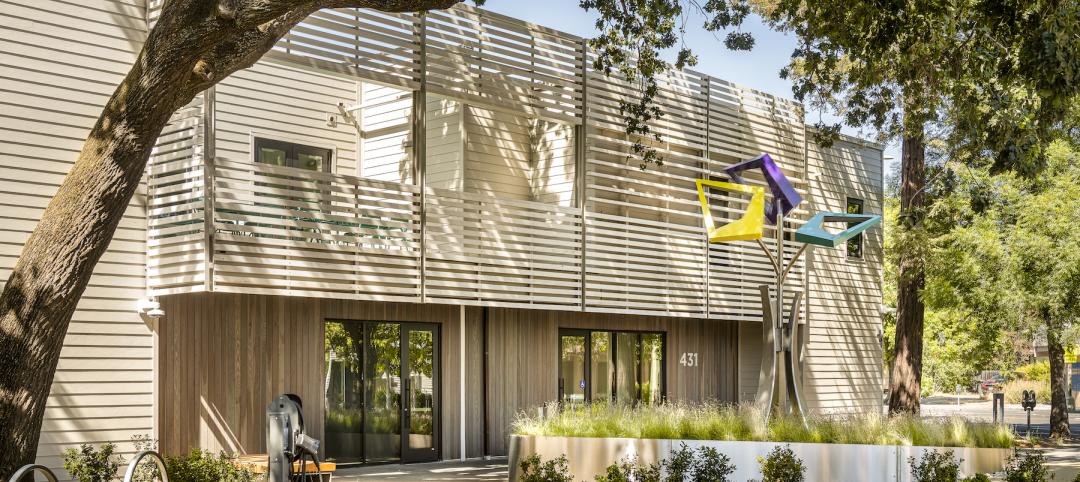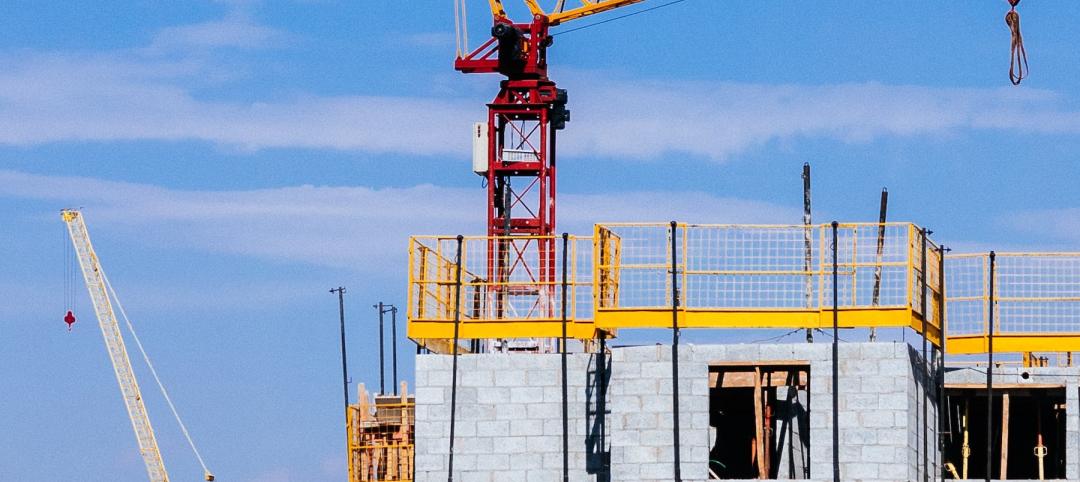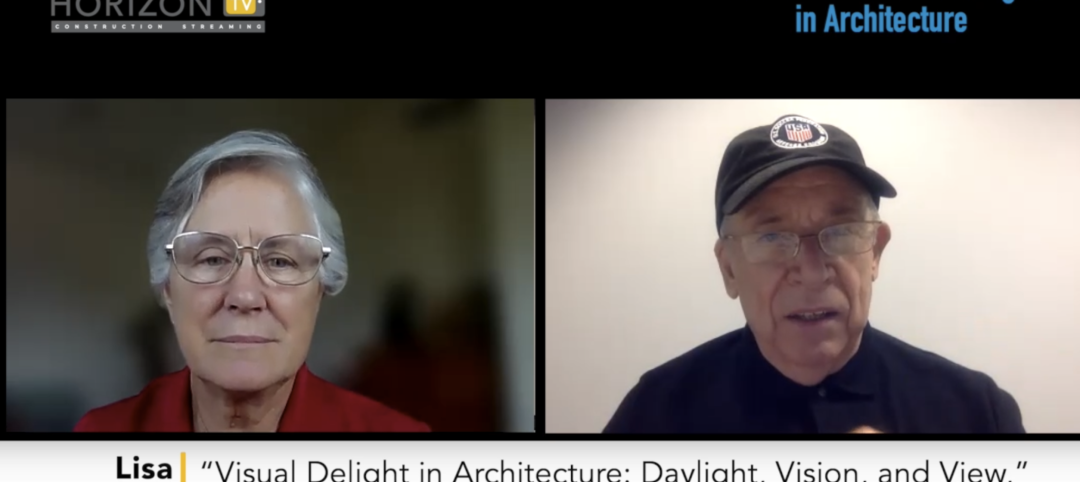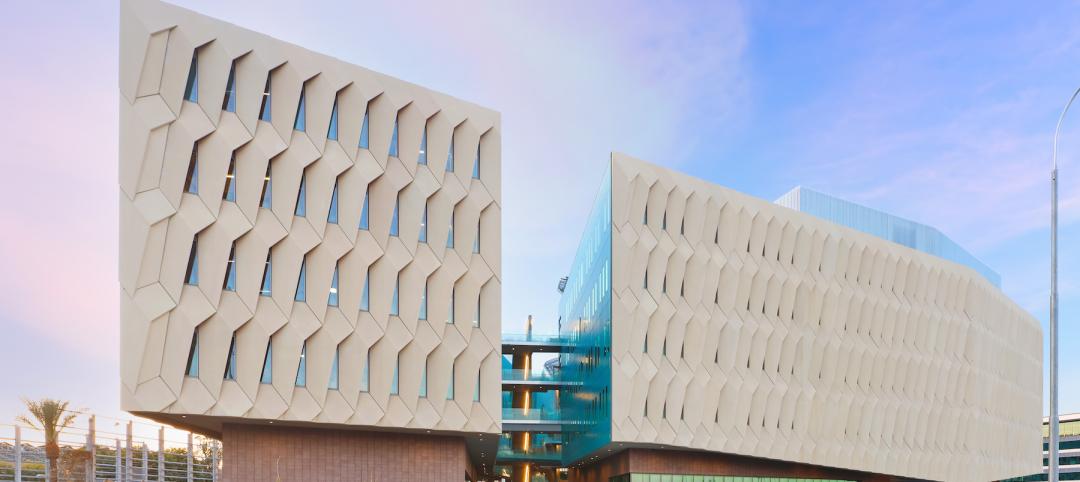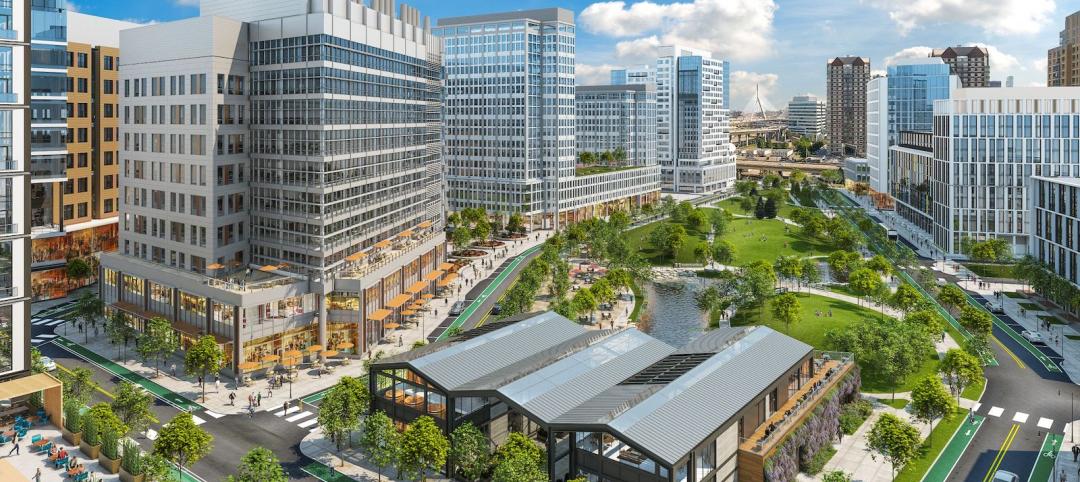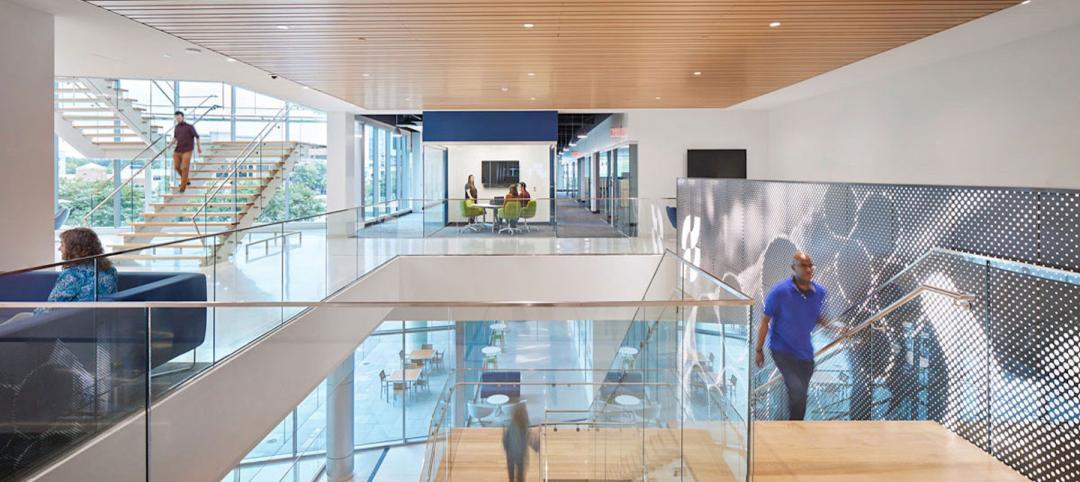The Green Building Certification Institute (GBCI) and the International WELL Building Institute (IWBI) formally introduced the WELL Building Standard in China. WELL is a system that focuses on human health and wellbeing in the built environment.
WELL, which complements green building rating programs such as LEED, Three Star, and BREEAM, has come forward at a time of increased environmental awareness among the Chinese people who are looking for solutions to improve quality of life.
“Our world today is confronting massive health challenges that are assaulting our complete physical, mental, and social wellbeing,” said Rick Fedrizzi, CEO & founding chair, U.S. Green Building Council. “As these challenges continue to mount, all of us have an obligation to be more purposeful when addressing how human health relates to our built environment. The WELL certification program is a powerful way to accelerate better, healthier buildings throughout China.”
The WELL Building Standard is a performance-based system for measuring, certifying and monitoring features that impact human health and wellbeing, through air, water, nourishment, light, fitness, comfort, and mind.
Grounded in a body of medical research that explores the connection between the buildings where we spend more than 90% of our time and the health and wellness of the people in them, WELL certification allows building owners and employers to know their space is designed to promote health and wellbeing and is performing as intended.
“We think there is a great market opportunity in China for companies to be at the forefront of healthy building practices,” said Paul Scialla, founder of the International WELL Building Institute. “We are excited by the strong interest and demand we have already received from companies and projects that are interested in WELL certification and merging together best practices in environmental and human sustainability.”
GBCI, as the official certifying body of both WELL and LEED, will successfully integrate the certification and credentialing processes of both systems to help project teams efficiently deliver on both their environmental and human health goals.
WELL can be applied across all building types and version 1.0 of WELL is currently optimized for commercial and institutional projects. For more information about the WELL Building Standard, visitwellcertified.com. For more information about GBCI, visit gbci.org.
Related Stories
Green | Nov 8, 2022
USGBC and IWBI will develop dual certification pathways for LEED and WELL
The U.S. Green Building Council (USGBC) and the International WELL Building Institute (IWBI) will expand their strategic partnership to develop dual certification pathways for LEED and WELL.
Green | Oct 5, 2022
In California, a public power provider’s new headquarters serves as a test case for an innovative microgrid and for reducing greenhouse gas emissions
Sonoma Clean Power (SCP), the public power provider for California’s Sonoma and Mendocino Counties, recently unveiled its new all-electric headquarters.
Green | Oct 3, 2022
California regulators move to ban gas heaters for existing buildings
California regulators voted unanimously recently on a series of measures that include a ban on the sale of natural gas-powered heating and hot water systems beginning in 2030.
Mass Timber | Aug 30, 2022
Mass timber construction in 2022: From fringe to mainstream
Two Timberlab executives discuss the market for mass timber construction and their company's marketing and manufacturing strategies. Sam Dicke, Business Development Manager, and Erica Spiritos, Director of Preconstruction, Timberlab, speak with BD+C's John Caulfield.
Daylighting | Aug 18, 2022
Lisa Heschong on 'Thermal and Visual Delight in Architecture'
Lisa Heschong, FIES, discusses her books, "Thermal Delight in Architecture" and "Visual Delight in Architecture," with BD+C's Rob Cassidy.
Sponsored | | Aug 4, 2022
Brighter vistas: Next-gen tools drive sustainability toward net zero line
New technologies, innovations, and tools are opening doors for building teams interested in better and more socially responsible design.
Green | Jul 26, 2022
Climate tech startup BlocPower looks to electrify, decarbonize the nation's buildings
The New York-based climate technology company electrifies and decarbonizes buildings—more than 1,200 of them so far.
Sustainable Development | Jul 14, 2022
Designing for climate change and inclusion, with CBT Architects' Kishore Varanasi and Devanshi Purohit
Climate change is having a dramatic impact on urban design, in terms of planning, materials, occupant use, location, and the long-term effect of buildings on the environment. Joining BD+C's John Caulfield to discuss this topic are two experts from the Boston-based CBT Architects: Kishore Varanasi, a Principal and director of urban design; and Devanshi Purohit, an Associate Principal.
Building Team | Jul 1, 2022
How to apply WELL for better design outcomes
The International WELL Building Institute (IWBI) cites attracting top talent, increasing productivity, and improving environmental, social or governance (ESG) performance as key outcomes of leveraging tools like their WELL Building Standard to develop healthier environments.
Green | Jun 22, 2022
The business case for passive house multifamily
A trio of Passive House experts talk about the true costs and benefits of passive house design and construction for multifamily projects.


